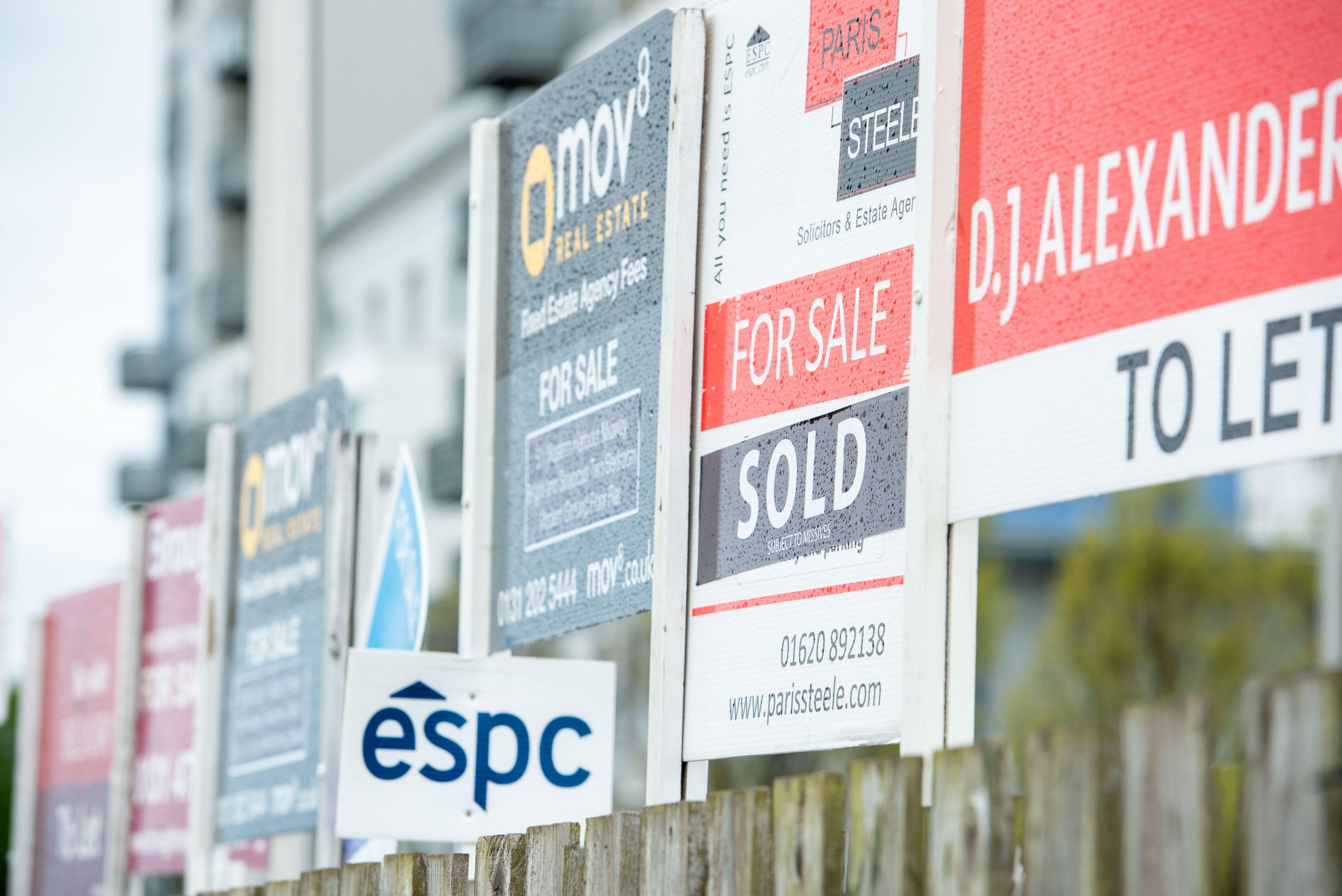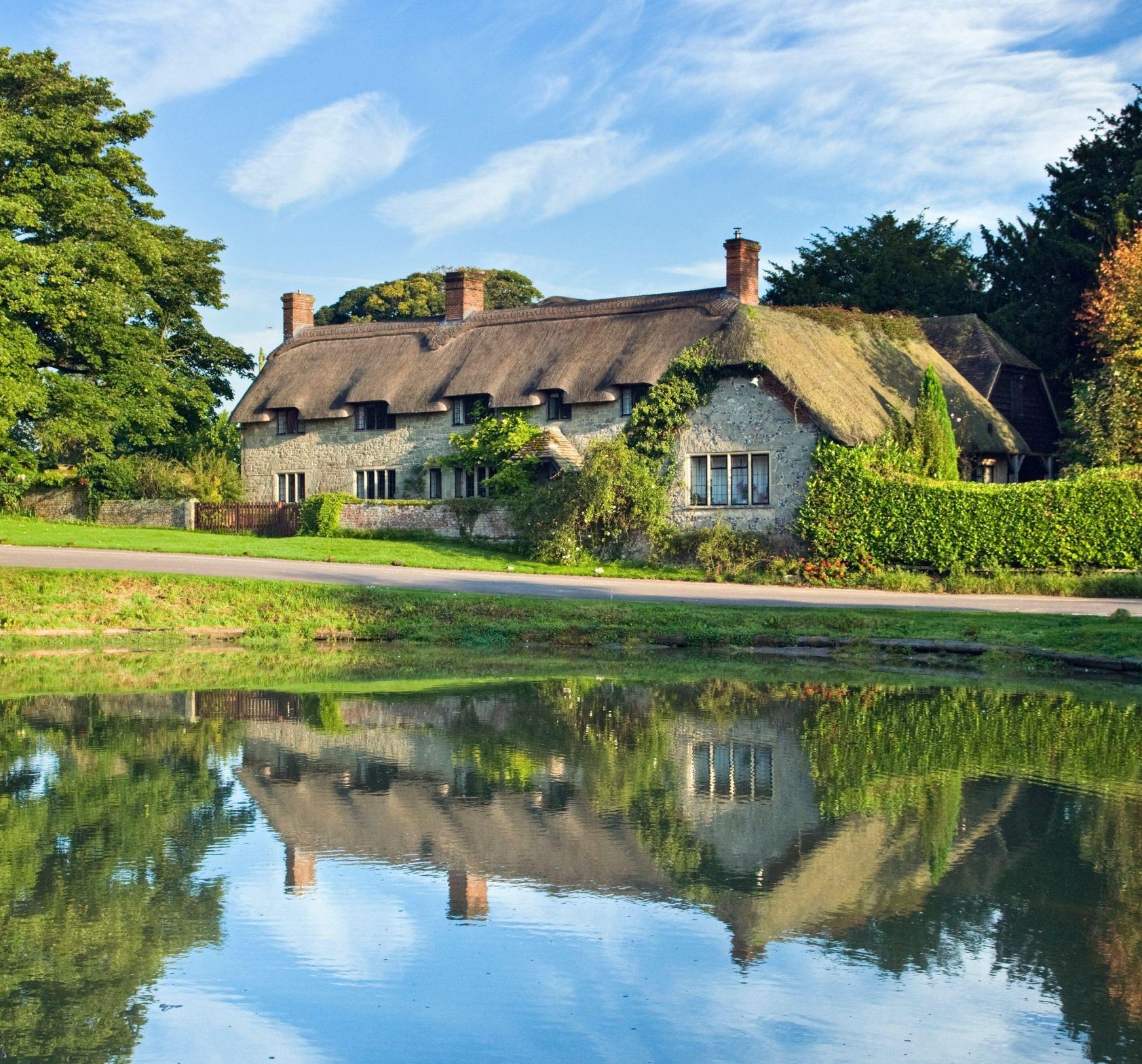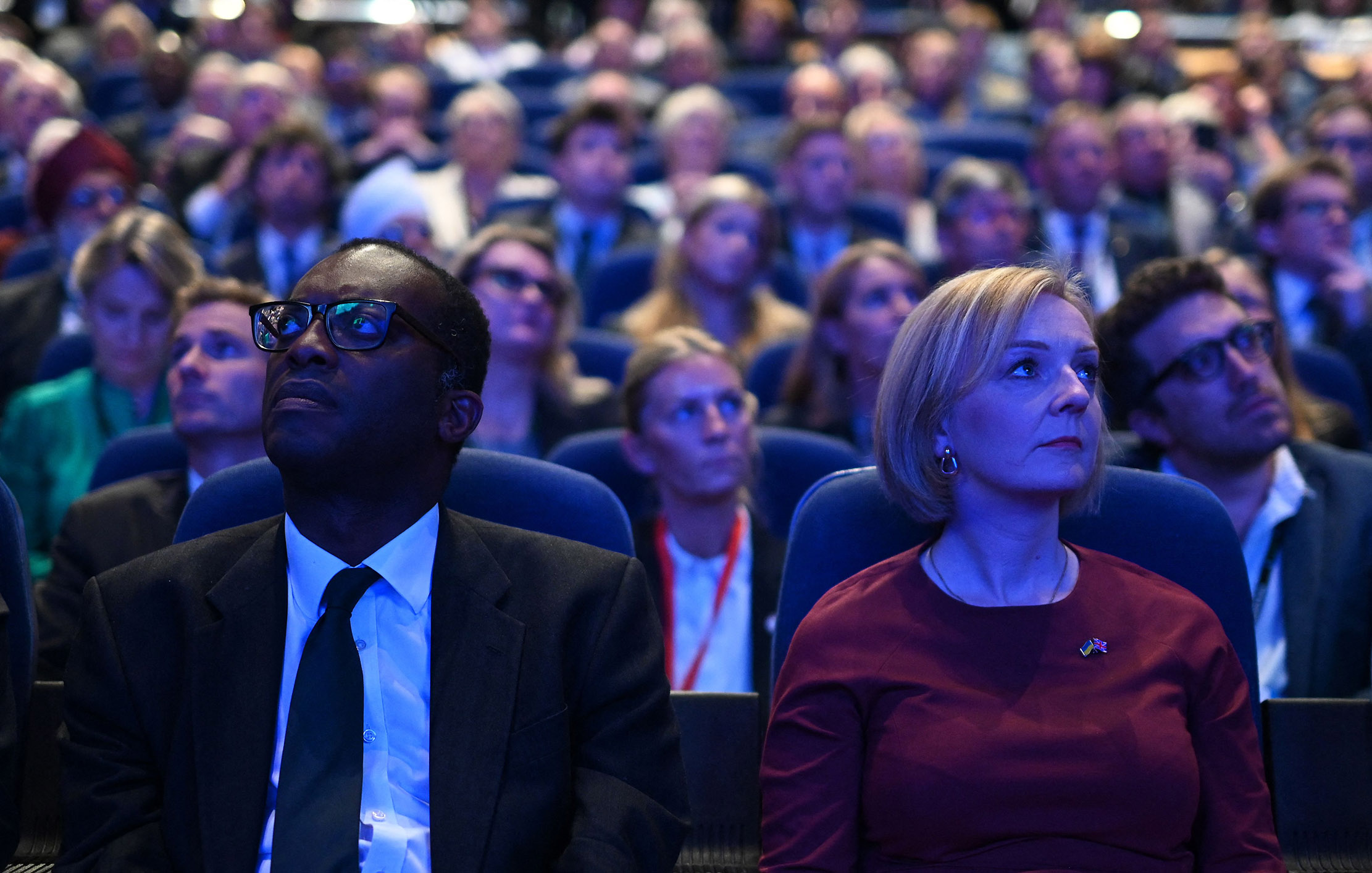Property Talk: 1980s nostalgia is great... but not when it's about the property market
A dose of 1980s cultural nostalgia is always welcome, but economic nostalgia? No thanks. Inflation and interest rates are heading in a direction not seen since the 1980s, and that is a major worry for whoever ends up running the country by this time next week, says Toby Keel.

As a kid growing up in the 1980s, I had a dad with an incredibly annoying habit. Well, okay, more than one, but it happens to be his birthday this weekend so we’ll glaze over the others (happy birthday Dad, by the way). The habit in question was that he always wanted to watch the 9 o'clock news headlines, despite the fact that this would always mean we missed the first five minutes of whatever film/drama/comedy was starting on one of the other three channels.
(For the benefit of those under the age of 30, this was in the Televisual Dark Ages. Missing a programme meant you’d missed it forever, rather than just causing the momentary inconvenience of having to flick back a few minutes on iPlayer. And no, you couldn’t ‘just watch it on the iPad’ because they they looked like this back then. The only alternative was a black-and-white telly in a cupboard in the dining room which had a coat hanger as an aerial.)
Anyway, back to the point, which was that as a nine-year-old I couldn’t for the life of me imagine how anybody would want to watch something as mind-numblingly boring as the news. Jump forward a few decades, and I find myself watching the news with the same slack-jawed, can’t-believe-what-I’m-seeing awe with which I once watched Scott’s car crash in Neighbours. From Brexit to the Pandemic to the utter insanity of Westminster in 2022, we’ve now spent six years in which the news feels like it’s being written by the scriptwriters of Dallas. Surely by now it’s time we woke up and found Bobby in the shower?
This burst of 80s and 90s nostalgia has a serious point behind it, because that’s how far back we have to look now to get a sense of where the housing market might be. Throughout the boom years of the late 1990s and early 2000s, and even through the 2008 economic crisis, inflation stayed consistently low, spending the best part of two decades at or below the 2% target, barring a couple of short-lived blips to 4 or 5%. Interest rates have been rock-bottom for years, but even when they briefly topped 6% in the late 1990s, it was at a time of very low inflation. You have to go back to the mid-1980s to find a time when both interest rates and inflation ran hot at the same time; and back then, the average house cost around four times average earnings. Today, houses cost roughly nine times average earnings. You don't have to be a Nobel prize-winning economist to see what that potent number cocktail might do to the property market.
Yet there’s still hope, especially since the painful mortgage rates we're seeing are still well below the double-digits they reached in their 1980s peak. So long as the cost of living crisis is contained, and employment figures remain strong, then the grim spectre of soaring repossessions (which peaked at 75,000 a month in 1990) should be kept at bay. But that is quite a big 'so long as', especially in Soap Opera Britain. Whoever is next to swirl through the revolving door at 10 Downing Street — and, just as importantly, 11 Downing Street — will have some critical tightrope walking to do if they want to keep things in balance, work which will need hard graft and seriousness of purpose. Time to start praying that whoever comes next can get it right.

Property talk: 'Developments are beginning to be reflected in data... We are seeing a slowdown'
The latest news from the property market strongly suggests house prices have now tailed off — but where do they go

Property Talk: Will the 'storm clouds' in the property market be blown away by a new resident at 11 Downing Street?
A downbeat prognosis from the nation's chartered surveyors, a new Chancellor of the Exchequer, and a government walking back several
Exquisite houses, the beauty of Nature, and how to get the most from your life, straight to your inbox.
Toby Keel is Country Life's Digital Director, and has been running the website and social media channels since 2016. A former sports journalist, he writes about property, cars, lifestyle, travel, nature.


